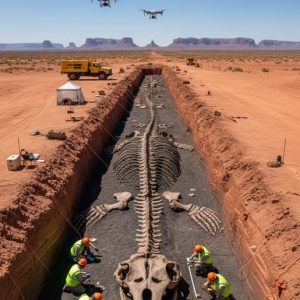A flea can accelerate faster than a space shuttle or each day on Venus is equivalent to a year on Earth, what other mysteries have you never learned in school?
1. You can lose about 0.5kg per day just by… farting
Scientists estimate that the total mass of a fart is 0.0371 grams, and the average person farts about 14 times a day.
2. Infrared cameras cannot detect polar bears
The animals are perfectly warmed by a thick layer of fat under their skin and a layer of fur covering their bodies. But their top layer of fur keeps them at the same temperature as the snow outside, which is why they are invisible to infrared cameras – cameras that detect the heat lost by a living individual.
3. Sunflowers can clean up radioactive waste
Some of the radioactive isotopes are similar to nutrients that sunflowers need. So as they grow, they absorb radiation from the soil.
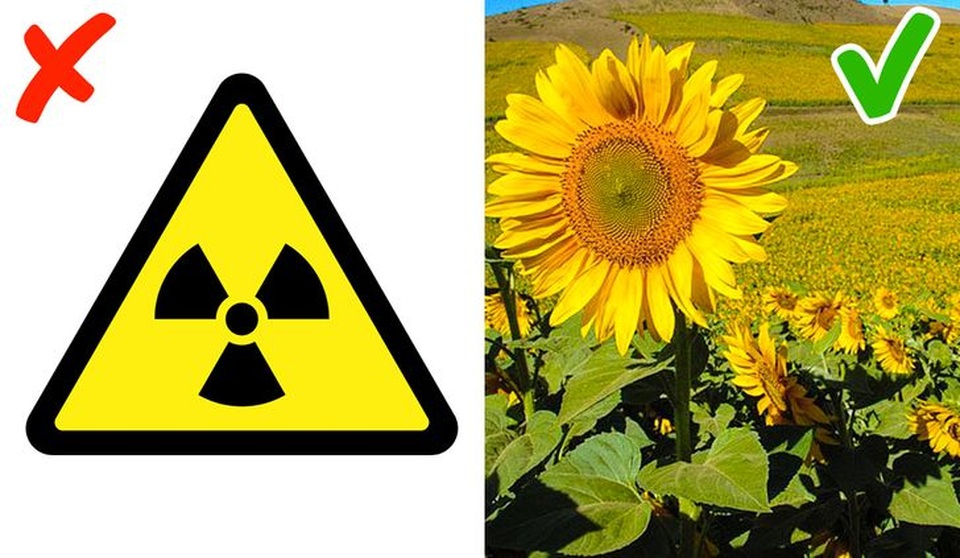
4. A flea can accelerate faster than the space shuttle
When jumping, it can reach a dizzying height of 8cm in a millisecond, 50 times faster than the spacecraft’s acceleration.
5. Stomach acid can dissolve razor blades.
Within 24 hours, the blade if swallowed into the stomach will become brittle due to the highly corrosive acid with a low pH of 2-3.
6. Newborns have about 64 more bones in their bodies than adults.
Babies are born with about 270 bones in their bodies, which give them flexibility. As they age, many of these bones fuse together, leaving the average adult with 206 bones.
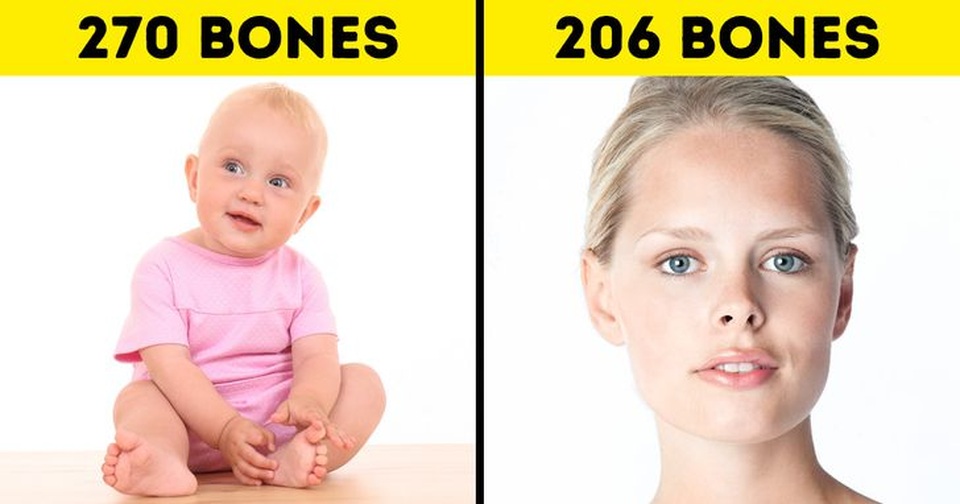
7. Can’t burp in space
When you burp on Earth, gravity holds the solids and liquids from the food you just ate down, so only gas comes out of your mouth. In zero gravity, gas cannot separate from the liquids and solids, so you cannot burp without vomiting up the food.
8. Animals also… dream
According to some studies, mice have dreams about food or running through mazes. Most mammals also experience REM sleep, which is the sleep in which dreams occur.
9. Scorpions glow under UV light
The soft blue-green glow of scorpions comes from a substance in their cuticles — a very hard coating on part of their exoskeletons. Scientists don’t know the purpose of the glow, but they think it helps scorpions find each other, protect themselves from the sun, or help them spot prey.
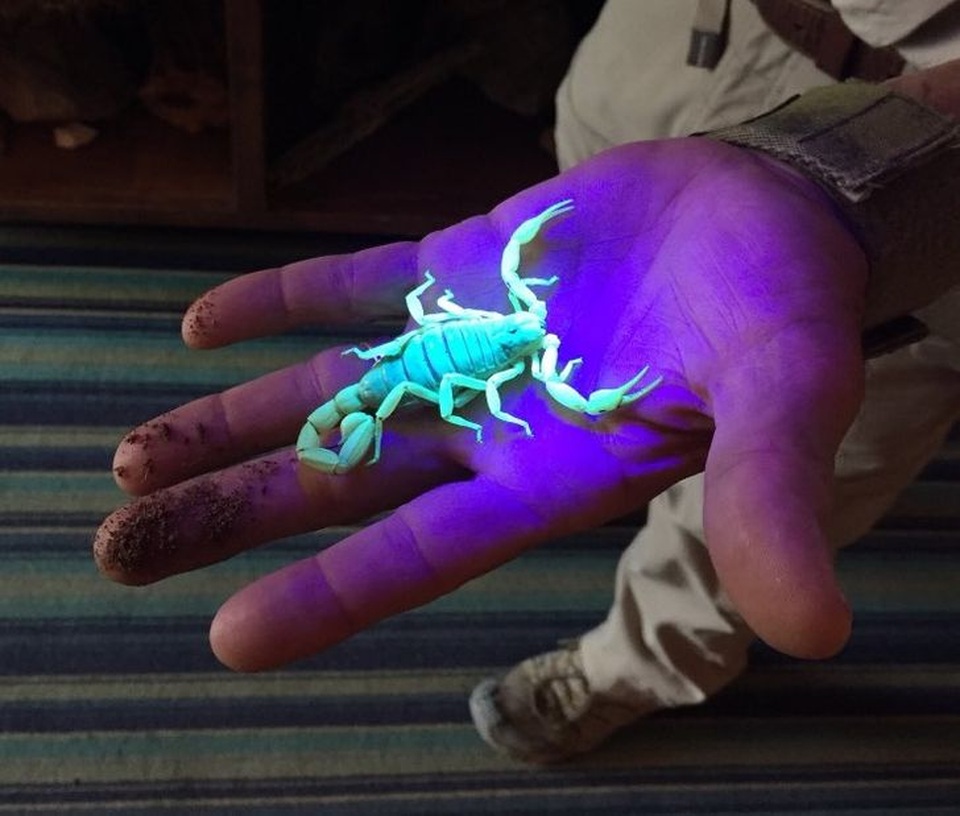
10. The human body has two parts that are constantly growing.
Our noses and ears continue to increase in size even after the rest of our body has stopped growing.
11. It may rain diamonds on some planets.
The atmospheres on Neptune, Uranus, Jupiter, and Saturn are so pressurized that they can crystallize carbon atoms and turn them into diamonds.
12. 99.99999999% of the volume of an atom is empty space.
An atom consists of a tiny nucleus surrounded by a cloud of electrons spread out over a correspondingly large area. So if you removed space from all the atoms of all 7 billion people on earth, they would fit into the size of a sugar cube.
13. Hot water freezes faster than cold water
The Mpemba effect assumes that the velocity of hot water particles has a specific arrangement that allows them to freeze more easily.
14. Human blood is similar to sea water.
Our blood has approximately the same salt content as seawater. This fact further supports the hypothesis that life came from the ocean.
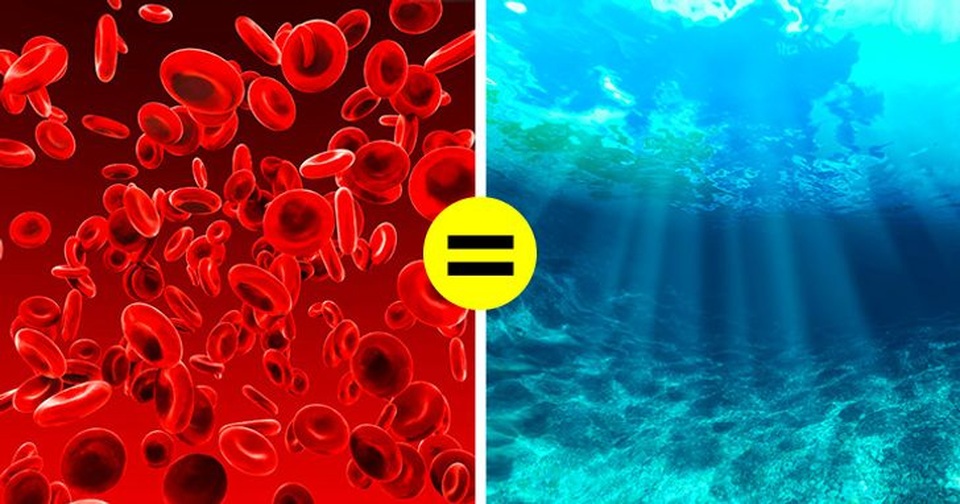
15. Bananas are radioactive.
Bananas contain potassium, which makes them slightly radioactive. But don’t worry, you would only die from radiation poisoning if you ate about 10,000,000 bananas at once.
16. The length of human DNA is 17 times the distance from the sun to Pluto and back.
The human body contains about 37 trillion cells with 23 DNA molecules wrapped inside each cell. So if you were to uncoil the human cells and stretch them out, you would have a string that would be 54.7 billion kilometers long.
17. A day on Venus is longer than a year
In the movie “Journey to the West”, one day in Heaven is equal to one year on Earth. But in reality, it takes about 243 Earth days for Venus to rotate on its axis once, while it only takes 225 days to orbit the Sun.







